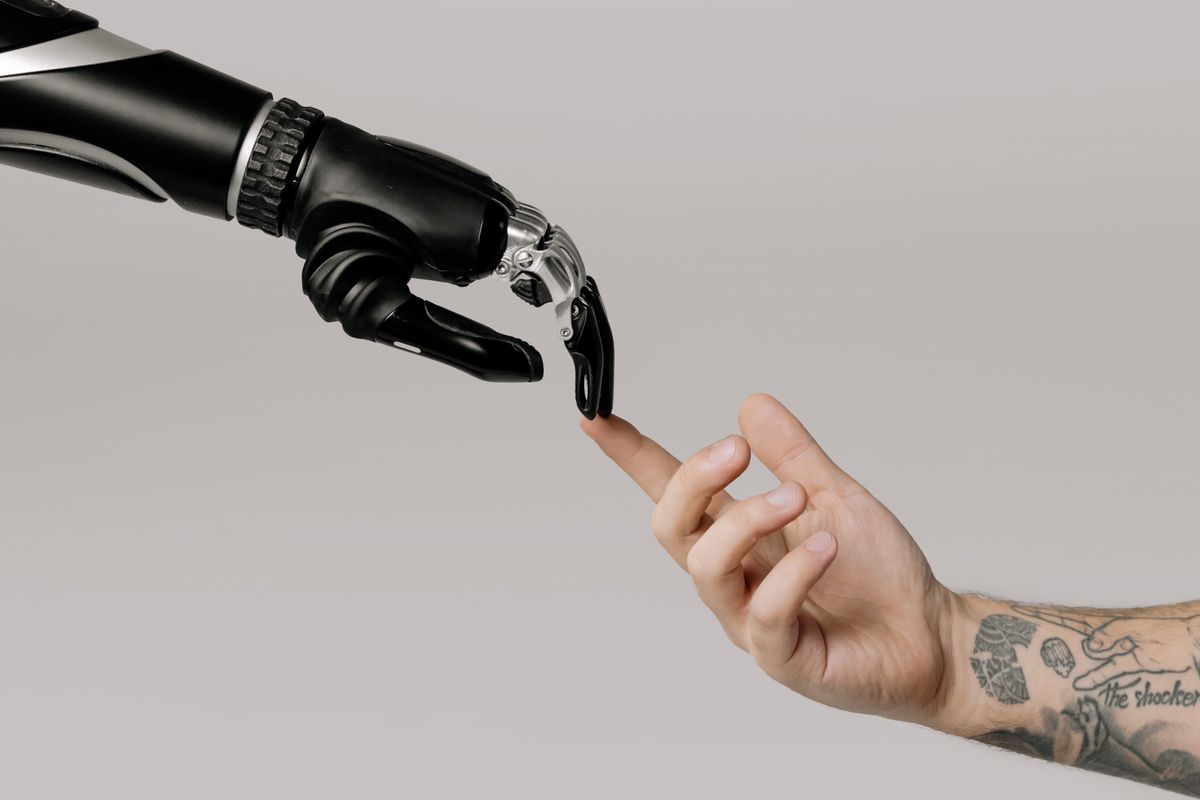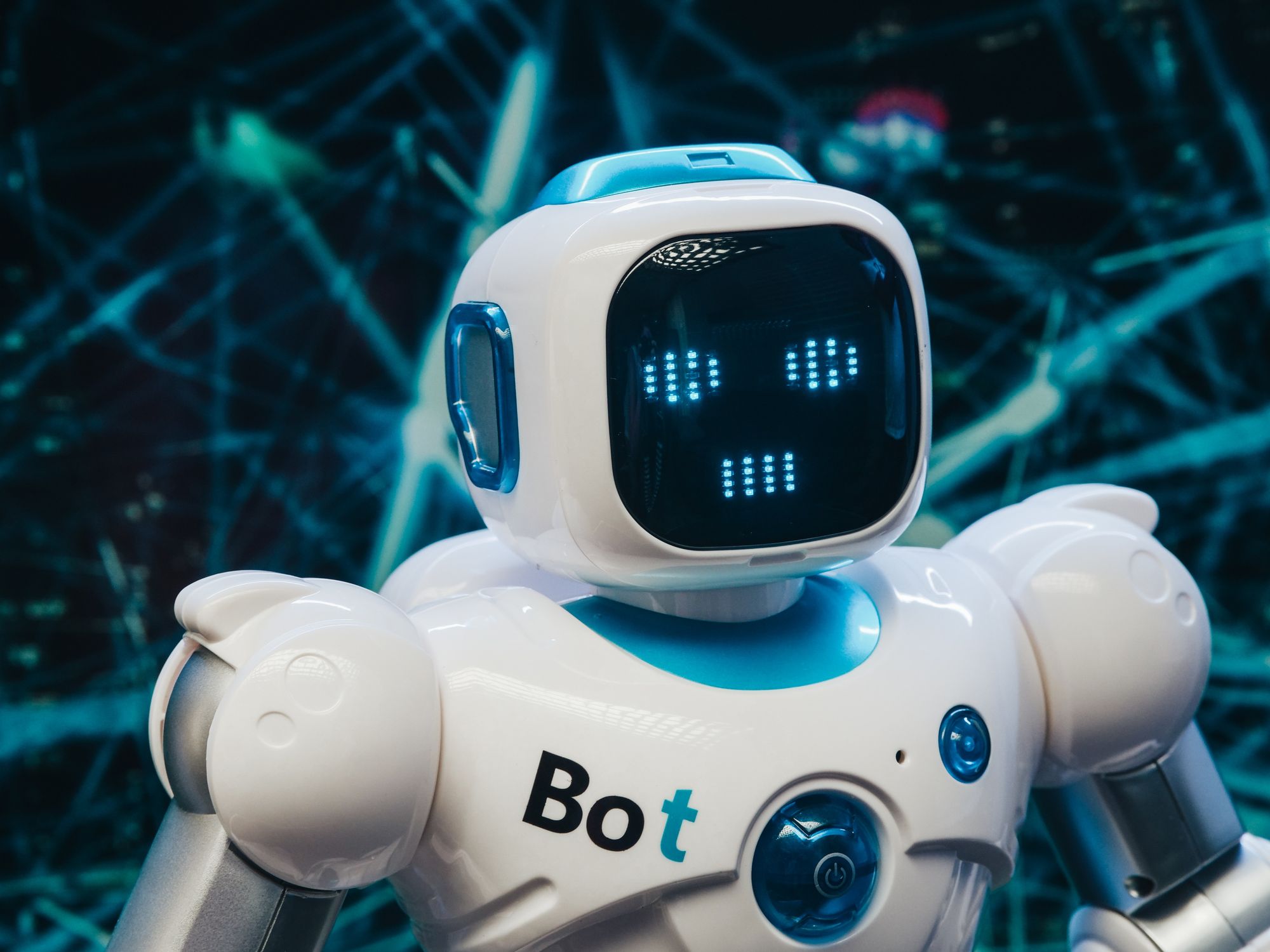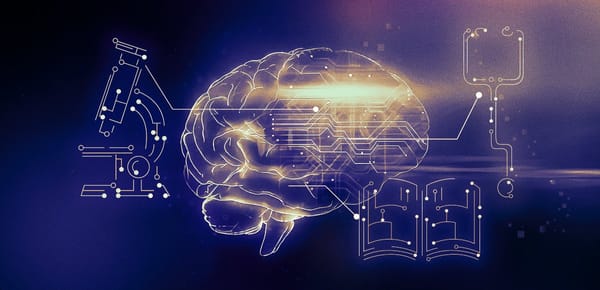The Future of AI and Its Implications for Society
Artificial intelligence (AI) has come a long way since its inception in the 1950s. Today, AI is a buzzword that is used to describe anything from self-driving cars to chatbots.

The Growth of AI and Its Current State
Artificial intelligence has come a long way since its inception in the 1950s. Today, AI is a buzzword that is used to describe anything from self-driving cars to chatbots. AI has become an integral part of our lives, from the way we interact with technology to the products we use. AI is also being used in industries such as healthcare, finance, and education to drive innovation and improve outcomes.
Currently, AI is being used in various forms such as natural language processing (NLP), machine learning (ML), and computer vision. NLP is used to enable machines to understand and interpret human language. ML is used to train machines to learn from data and improve their performance over time. Computer vision is used to enable machines to interpret and analyze visual data.
One of the most significant advancements in AI in recent years has been deep learning. Deep learning is a type of ML that uses artificial neural networks to learn and improve its performance. Deep learning has been used in image recognition, speech recognition, and natural language processing.
The Impact of AI on the Job Market
The integration of AI in the workforce has raised concerns about job displacement. Some experts predict that AI could replace human workers in various industries, from manufacturing to customer service. This could lead to increased efficiency and cost savings for companies, but it could also result in job losses and economic disruption.
To address this issue, some experts have suggested that governments and businesses need to invest in retraining programs to help workers transition into new careers. These programs could help workers gain the skills needed to work alongside AI systems and take on new roles that require human expertise.
The Ethical Implications of AI
As AI systems become more sophisticated, they will need access to vast amounts of data to function effectively. This data could include personal information such as biometric data, social media profiles, and location data. This raises concerns about how this data will be collected, used, and protected.

AI also has the potential to exacerbate existing social and economic inequalities. AI algorithms may be biased against certain groups, such as women and minorities, due to the data used to train them. This could result in discriminatory outcomes in areas such as hiring, credit scoring, and law enforcement.
To address these issues, some experts have called for the development of ethical frameworks and regulations to ensure that AI systems are designed and used in a responsible manner. These frameworks and regulations could address issues such as data privacy, bias, and transparency in the design and use of AI systems.
The Potential of AI in Healthcare
AI has the potential to revolutionize healthcare by enabling faster and more accurate diagnoses, personalized treatment plans, and improved patient outcomes. AI can analyze large amounts of medical data and identify patterns and trends that human doctors may miss.
For example, AI is being used in cancer diagnosis and treatment. AI algorithms can analyze medical images to identify signs of cancer, helping doctors to make a more accurate diagnosis. AI can also be used to develop personalized treatment plans based on a patient's medical history and genetic data.
The Future of AI
The future of AI is both exciting and uncertain. AI has the potential to transform our world in positive ways, but it also presents significant challenges that must be addressed. To fully realize the potential of AI, it is essential to address these challenges and concerns.
One of the most significant challenges facing AI is the development of ethical frameworks and regulations to ensure that AI systems are designed and used in a responsible manner. These frameworks and regulations should address issues such as data privacy, bias, and transparency in the design and use of AI systems.
Continued Innovation and Advancements in AI
To continue the growth and development of AI, there is a need for ongoing innovation and advancements in the field. This includes the development of new algorithms, architectures, and tools for building AI systems. It also involves advancing the state of the art in areas such as machine learning, natural language processing, and computer vision.

To achieve this, there needs to be continued investment in research and development in AI. This includes funding for academic research, as well as investment in AI startups and companies working on cutting-edge AI technologies.
There is also a need for collaboration and knowledge sharing in the field of AI. This includes partnerships between academia, industry, and government to share resources and expertise. It also involves open-source initiatives that make AI tools and technologies more accessible to developers and researchers.
Conclusion
AI has the potential to revolutionize our world in ways that were once unimaginable. It can improve healthcare, drive innovation, and create new opportunities for businesses and individuals. However, it also presents significant challenges that must be addressed, such as the impact on the job market, ethical considerations, and the need for continued innovation.
To fully realize the potential of AI, it is essential to address these challenges and work together to build a responsible and ethical framework for the development and use of AI systems. With continued investment and collaboration, AI can be a powerful tool for positive change in our world.




